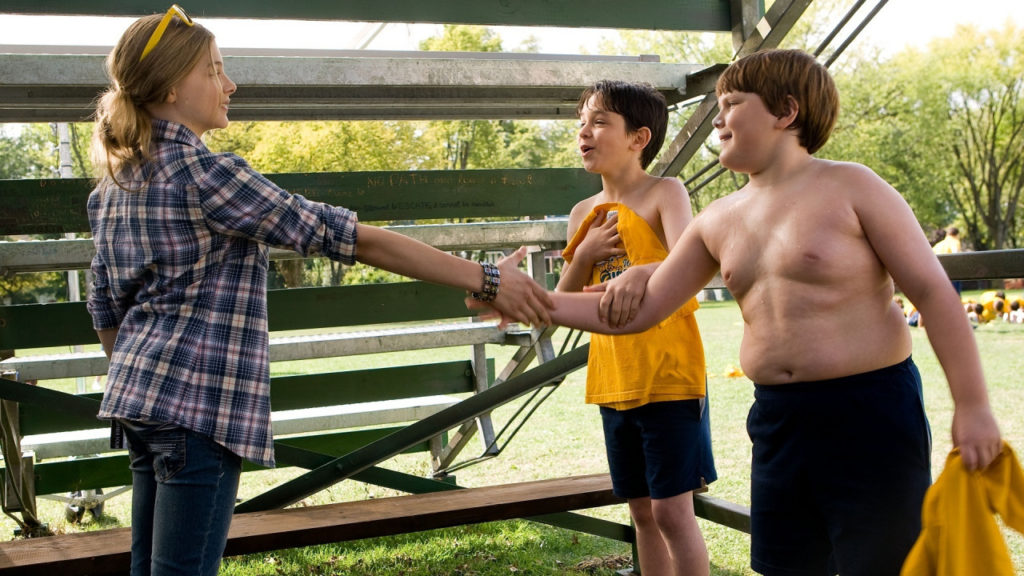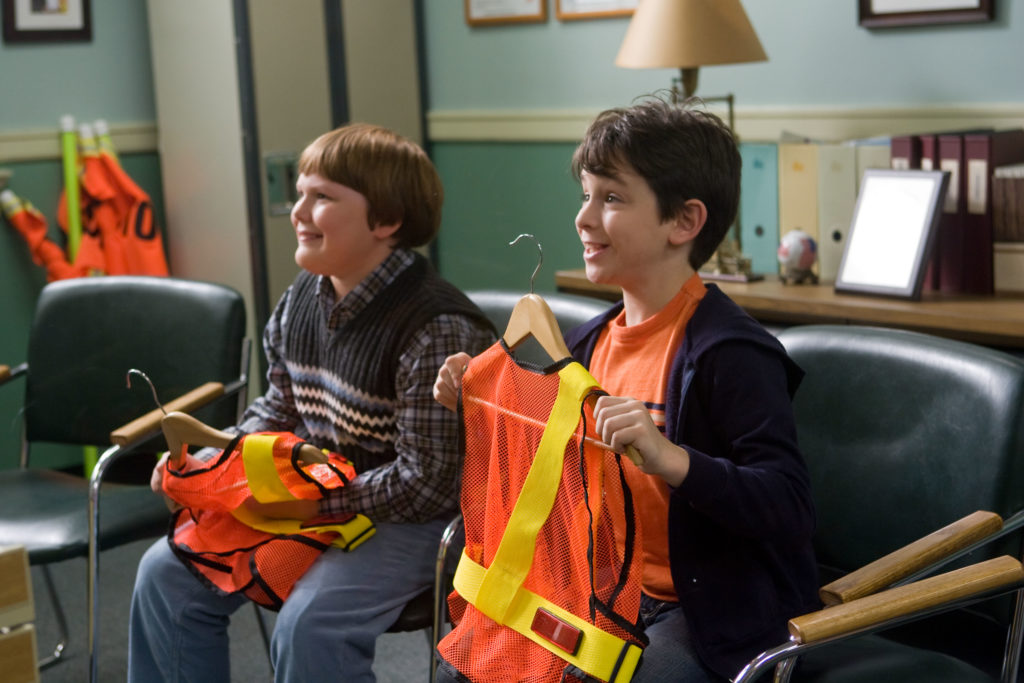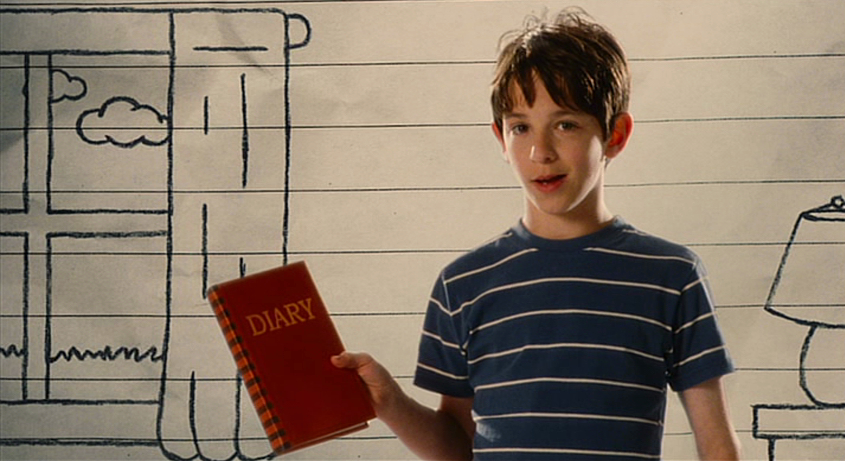Wreck-It Ralph Transforms from Bad Guy to Good Guy
I'm bad, and that's good. I will never be good, and that's not bad. There's no one I'd rather be than me.


The Diary of a Wimpy Kid is a live-action feature film created and produced by 20th Century Fox. It is the first installment of the Diary of a Wimpy Kid film series and based on Jeff Kinney’s first book. Zachary Gordon and Robert Capron star as Greg Heffley and Rowley Jefferson, who navigate through middle school and bring viewers along on their journeys.
This article will cover many features of the story and discuss why this movie became a cult classic in the following years since its production.

On Greg and Rowley’s escape a game of “Gladiator” on their first day at Westmore Middle School. While on the run, they meet a seventh-grade girl named Angie Steadman, who hides under the bleachers and isolates herself from other kids in order to survive the hectic day.
Since many of the main characters in the film are boys, Angie’s addition to the storyline does offer some representation of female characters so young girls can connect their own middle school experiences to the film. However, Angie’s role is considered to be minor, and she only appears in major scenes at the beginning and end of the film. In this previously mentioned scene, she declares that her hiding spot under the bleachers to be her favorite place. Further, she claims that she survived all of the sixth-grade year in that spot, then asks Greg and Rowley to give her company throughout the seventh-grade year. In addition, she also shares the same lackluster social status with the boys and she’s also considered to be a loner. Without many friends, she spends most of her time away from other kids.
Unfortunately, even though the issue of social outcasts is covered, there’s not a lot of representation of minorities throughout the movie. Since the film was so popular among many Diary of a Wimpy Kid fans, it had the opportunity to make an even greater impact if it offered more inclusivity. Many of the characters presented in the film are white, and the majority of those are male. Even worse, Angie does not appear in other movies within the Diary of a Wimpy Kid franchise.

As stated in Greg’s voiceovers, the main theme of the movie is the spectrum of social status and popularity in middle school. Greg shows the viewers how students at his middle school interact with each other. He describes Fregley as a weird, social outcast, and Patty as monstrously demanding since she is pampered by her parents and has power over others. Additionally, he learns about the “Cheese Touch”. Essentially, if someone is caught touching the moldy cheese on the court, he or she is immediately an outcast. The theme of popularity is further explored when Greg shares his dream of becoming a “Class Favorite” in his school yearbook.
However, Greg is far from attaining that fantasy–he realizes that his friendship with Rowley is tested when they try to join different clubs in order to get noticed. When Greg and Rowley join the school’s “Safety Patrol”, an incident arises when Greg hides the kindergarteners in a construction zone and ditches them. He’s then spotted by Mrs. Irvine and mistaken for Rowley since he’s wearing Rowley’s coat. Rowley takes the blame for the incident, but once Greg reveals that he’s the one who’s responsible, Rowley no longer considers him as his friend.
The torn friendship symbolizes that while gaining popularity and social status may feel rewarding, it comes with a price. The way Greg mistreats Rowley throughout the majority of the film shows that Greg only cares about his popularity. Since Greg wants to become a “Class Favorite,” he’s quick to sacrifice his friendship with Rowley. Greg continues to pursue popularity without Rowley by joining the school’s musical. Eventually, however, he realizes that something is missing from his life.
At the end of the movie, Rowley is accused of touching the cheese. Greg jumps in to take the blame, accepting the burden of an outcast. He learns that it is better to have one true friend rather than a life where all he cares about is popularity. The central conflict of the film is resolved as Greg and Rowley’s friendship is mended.

In addition to the themes and symbolism covered in the movie, there are also animated portions rendered in Jeff Kinney’s cartoon style. The black-and-white animation pops up in several scenes throughout the film, including the beginning and the finale. Greg narrates events in the movie that tie with the themes and topics covered in all scenes. The animation style serves as a running gag within Diary of a Wimpy Kid franchise; the films use a combination of live-action and animation styles to make the story appealing, relatable, and charming to viewers. The nostalgic illustrations help to liven up a situation that is, sadly, common for some viewers: the cruelties of adolescence. Thankfully, they also serve as a reminder that youthful creativity can come in handy when repairing friendships.
Related lists created by the same author
I'm bad, and that's good. I will never be good, and that's not bad. There's no one I'd rather be than me.